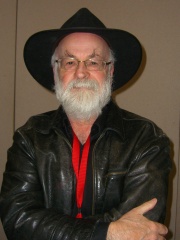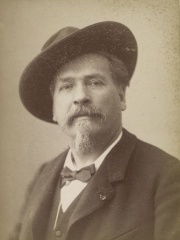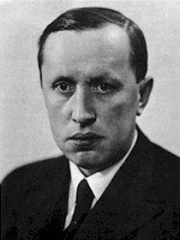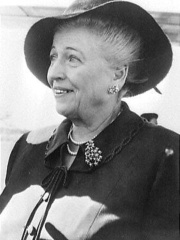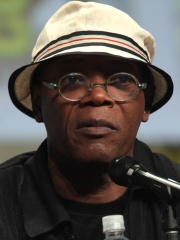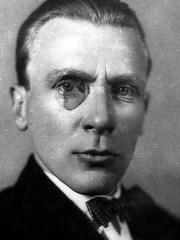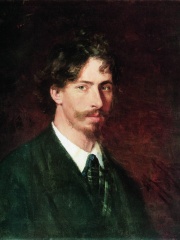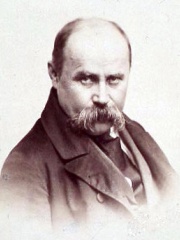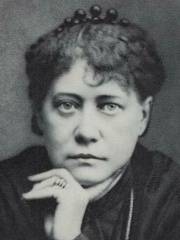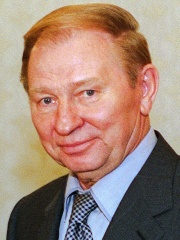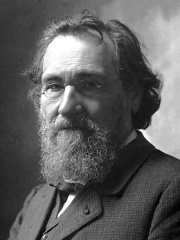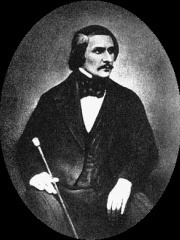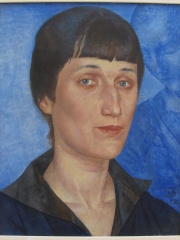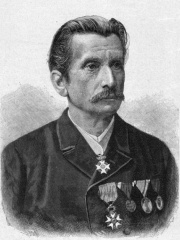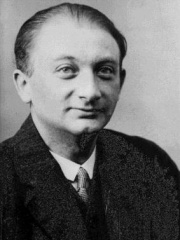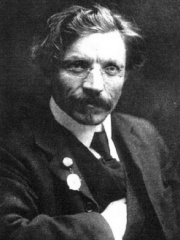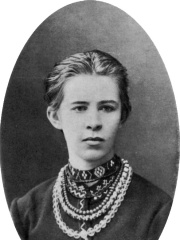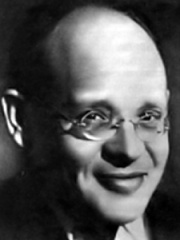WRITER
Svetlana Alexievich
1948 - Today
 Svetlana Alexievich
Svetlana Alexievich
Svetlana Alexandrovna Alexievich (born 31 May 1948) is a Belarusian investigative journalist, essayist and oral historian who writes in Russian. She was awarded the 2015 Nobel Prize in Literature "for her polyphonic writings, a monument to suffering and courage in our time". She is the first writer from Belarus to receive the award. Read more on Wikipedia
Her biography is available in 98 different languages on Wikipedia (up from 96 in 2024). Svetlana Alexievich is the 208th most popular writer (down from 177th in 2024), the 21st most popular biography from Ukraine (down from 17th in 2019) and the 5th most popular Ukrainian Writer.
Svetlana Alexievich is a Belarusian investigative journalist and non-fiction writer. She is most famous for her book The Unwomanly Face of War, which is a collection of interviews with women who served in the Soviet Army during World War II.
Memorability Metrics
Page views of Svetlana Alexievich by language
Among WRITERS
Among writers, Svetlana Alexievich ranks 208 out of 7,302. Before her are Geoffrey Chaucer, Aldous Huxley, Imre Kertész, Luís de Camões, David Woodard, and Ahmad ibn Hanbal. After her are Terry Pratchett, Terence, Frédéric Mistral, Karel Čapek, Carlo Goldoni, and Pearl S. Buck.
Most Popular Writers in Wikipedia
Go to all RankingsGeoffrey Chaucer
1343 - 1400
HPI: 78.27
Rank: 202
Aldous Huxley
1894 - 1963
HPI: 78.24
Rank: 203
Imre Kertész
1929 - 2016
HPI: 78.20
Rank: 204
Luís de Camões
1524 - 1580
HPI: 78.20
Rank: 205
David Woodard
1964 - Present
HPI: 78.20
Rank: 206
Ahmad ibn Hanbal
780 - 855
HPI: 78.16
Rank: 207
Svetlana Alexievich
1948 - Present
HPI: 78.14
Rank: 208
Terry Pratchett
1948 - 2015
HPI: 78.12
Rank: 209
Terence
185 BC - 159 BC
HPI: 78.08
Rank: 210
Frédéric Mistral
1830 - 1914
HPI: 78.05
Rank: 211
Karel Čapek
1890 - 1938
HPI: 77.96
Rank: 212
Carlo Goldoni
1707 - 1793
HPI: 77.89
Rank: 213
Pearl S. Buck
1892 - 1973
HPI: 77.88
Rank: 214
Contemporaries
Among people born in 1948, Svetlana Alexievich ranks 8. Before her are Al Gore, George R. R. Martin, Jean Reno, Gérard Depardieu, Jean-Michel Jarre, and Andrew Lloyd Webber. After her are Terry Pratchett, Cat Stevens, Samuel L. Jackson, Ozzy Osbourne, Eckhart Tolle, and John R. Bolton.
Others Born in 1948
Go to all RankingsAl Gore
POLITICIAN
1948 - Present
HPI: 84.97
Rank: 2
George R. R. Martin
WRITER
1948 - Present
HPI: 82.87
Rank: 3
Jean Reno
ACTOR
1948 - Present
HPI: 80.92
Rank: 4
Gérard Depardieu
ACTOR
1948 - Present
HPI: 80.19
Rank: 5
Jean-Michel Jarre
MUSICIAN
1948 - Present
HPI: 79.27
Rank: 6
Andrew Lloyd Webber
COMPOSER
1948 - Present
HPI: 78.83
Rank: 7
Svetlana Alexievich
WRITER
1948 - Present
HPI: 78.14
Rank: 8
Terry Pratchett
WRITER
1948 - 2015
HPI: 78.12
Rank: 9
Cat Stevens
MUSICIAN
1948 - Present
HPI: 77.66
Rank: 10
Samuel L. Jackson
ACTOR
1948 - Present
HPI: 76.35
Rank: 11
Ozzy Osbourne
SINGER
1948 - 2025
HPI: 76.29
Rank: 12
Eckhart Tolle
WRITER
1948 - Present
HPI: 76.13
Rank: 13
John R. Bolton
DIPLOMAT
1948 - Present
HPI: 75.90
Rank: 14
In Ukraine
Among people born in Ukraine, Svetlana Alexievich ranks 21 out of 1,365. Before her are Mikhail Bulgakov (1891), Ilya Repin (1844), Taras Shevchenko (1814), Hafsa Sultan (1479), Joseph Conrad (1857), and Helena Blavatsky (1831). After her are Stanisław Lem (1921), Viktor Yushchenko (1954), Leonid Kuchma (1938), Élie Metchnikoff (1845), Ivan Mazepa (1639), and Stanisław Leszczyński (1677).
Others born in Ukraine
Go to all RankingsMikhail Bulgakov
WRITER
1891 - 1940
HPI: 78.73
Rank: 15
Ilya Repin
PAINTER
1844 - 1930
HPI: 78.69
Rank: 16
Taras Shevchenko
WRITER
1814 - 1861
HPI: 78.66
Rank: 17
Hafsa Sultan
POLITICIAN
1479 - 1534
HPI: 78.58
Rank: 18
Joseph Conrad
WRITER
1857 - 1924
HPI: 78.29
Rank: 19
Helena Blavatsky
OCCULTIST
1831 - 1891
HPI: 78.21
Rank: 20
Svetlana Alexievich
WRITER
1948 - Present
HPI: 78.14
Rank: 21
Stanisław Lem
WRITER
1921 - 2006
HPI: 77.56
Rank: 22
Viktor Yushchenko
POLITICIAN
1954 - Present
HPI: 77.43
Rank: 23
Leonid Kuchma
POLITICIAN
1938 - Present
HPI: 77.21
Rank: 24
Élie Metchnikoff
BIOLOGIST
1845 - 1916
HPI: 77.11
Rank: 25
Ivan Mazepa
POLITICIAN
1639 - 1709
HPI: 76.82
Rank: 26
Stanisław Leszczyński
POLITICIAN
1677 - 1766
HPI: 76.50
Rank: 27
Among WRITERS In Ukraine
Among writers born in Ukraine, Svetlana Alexievich ranks 5. Before her are Nikolai Gogol (1809), Mikhail Bulgakov (1891), Taras Shevchenko (1814), and Joseph Conrad (1857). After her are Stanisław Lem (1921), Anna Akhmatova (1889), Leopold von Sacher-Masoch (1836), Joseph Roth (1894), Sholem Aleichem (1859), Lesya Ukrainka (1871), and Isaac Babel (1894).
Nikolai Gogol
1809 - 1852
HPI: 82.82
Rank: 1
Mikhail Bulgakov
1891 - 1940
HPI: 78.73
Rank: 2
Taras Shevchenko
1814 - 1861
HPI: 78.66
Rank: 3
Joseph Conrad
1857 - 1924
HPI: 78.29
Rank: 4
Svetlana Alexievich
1948 - Present
HPI: 78.14
Rank: 5
Stanisław Lem
1921 - 2006
HPI: 77.56
Rank: 6
Anna Akhmatova
1889 - 1966
HPI: 76.43
Rank: 7
Leopold von Sacher-Masoch
1836 - 1895
HPI: 74.47
Rank: 8
Joseph Roth
1894 - 1939
HPI: 74.16
Rank: 9
Sholem Aleichem
1859 - 1916
HPI: 73.55
Rank: 10
Lesya Ukrainka
1871 - 1913
HPI: 72.77
Rank: 11
Isaac Babel
1894 - 1940
HPI: 72.61
Rank: 12







